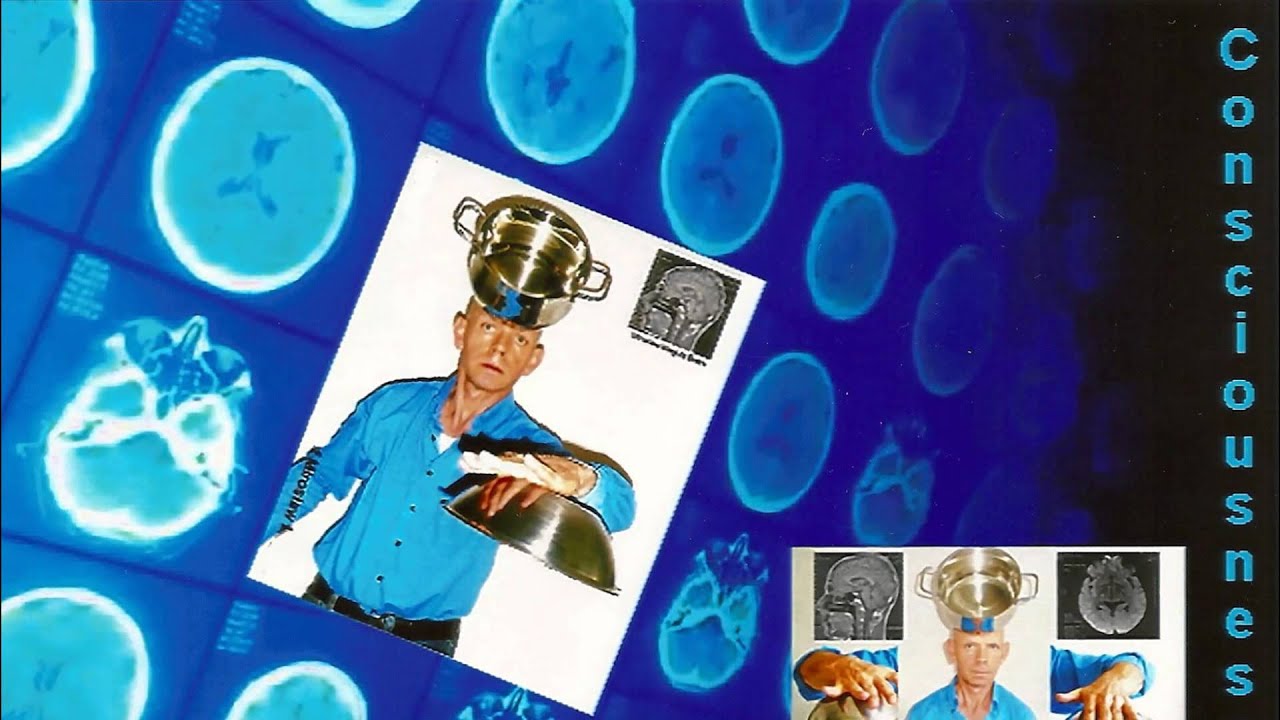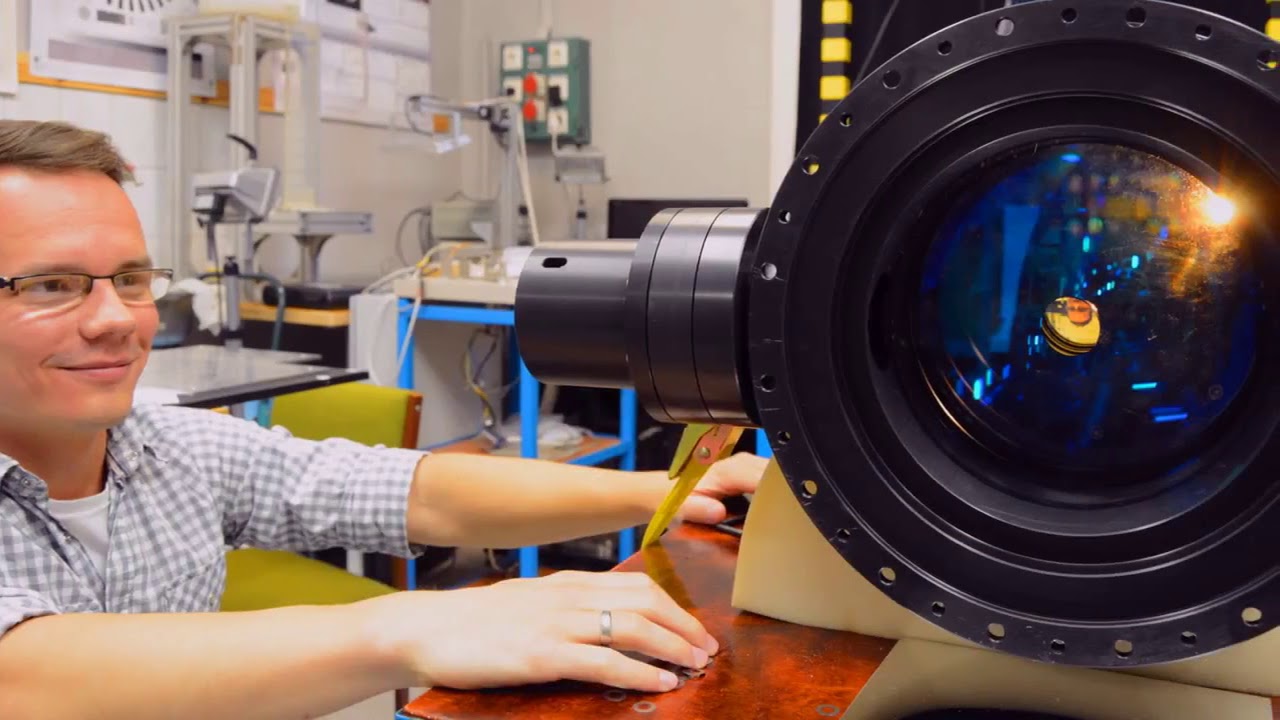Elyas Barek
Miroslaw Magola’s Quantum Consciousness Theory
Quantum Consciousness theory is very successful; nobody is claiming that it is wrong said Miroslaw Magola.
Miroslaw Magola has provided a variety of media presentations that cause us to question the limitations of our knowledge, giving us impetus to find an explanation. “Anytime we gain new knowledge, our perceptions expand.”
The quantum mind or quantum consciousness hypothesis proposes that classical mechanics cannot explain consciousness. It posits that quantum mechanical phenomena, such as quantum entanglement and superposition, may play an important part in the brain’s function and could form the basis of an explanation of consciousness. It is not a single theory, but a collection of hypotheses.
A few theoretical physicists have argued classical physics is intrinsically incapable of explaining the holistic aspects of consciousness, whereas quantum mechanics can. The idea that quantum theory has something to do with the workings of the mind go back to Eugene Wigner. He assumed the wave function collapses due to its interaction with consciousness. Physicist Freeman Dyson argued that mind, as manifested by the capacity to make choices, is to some extent inherent in every electron.However, most contemporary physicists and philosophers consider these arguments to be unconvincing.Physicist Victor Stenger characterized quantum consciousness as a myth having no scientific basis that should take its place along with gods, unicorns and dragons.
The philosopher David Chalmers has argued against quantum consciousness. He has instead discussed how quantum mechanics may relate to dualistic consciousness. Chalmers is skeptical of the ability of any new physics to resolve the hard problem of consciousness.
Consciousness is the state or quality of awareness, or, of being aware of an external object or something within oneself. It has been defined as: sentience, awareness, subjectivity, the ability to experience or to feel, wakefulness, having a sense of selfhood, and the executive control system of the mind. Despite the difficulty in definition, many philosophers believe that there is a broadly shared underlying intuition about what consciousness is. As Max Velmans and Susan Schneider wrote in The Blackwell Companion to Consciousness: “Anything that we are aware of at a given moment forms part of our consciousness, making conscious experience at once the most familiar and most mysterious aspect of our lives.”
In neuroscience, quantum brain dynamics – QBD – is a hypothesis to explain the function of the brain within the framework of quantum field theory.
Large systems, such as those studied biologically, have less symmetry than the idealized systems or single crystals often studied in physics. Jeffrey Goldstone proved that where symmetry is broken, additional bosons, the Nambu–Goldstone bosons, will then be observed in the spectrum of possible states; one canonical example being the phonon in a crystal.
Michio Kaku explains how the quantifying approach common in physics can be used to model consciousness. He illustrates how consciousness is important toquantum physics and , he discussed the well-known “Schrodinger’s Cat” paradox.
Albert Einstein — ‘A human being is a part of the whole called by us universe, a part … separated from the rest, a kind of optical delusion of his consciousness.
Richard Feynman “Nobody understands quantum mechanics.”
Here is how Hollywood has portrayed the subject of consciousness , quantum mind , quantum consciousness , telekinesis , mind power and brain power in entertainment movies with storylines set in moill Power, Pearl White, Chester Barnett, Joseph Belmont (silent film; see general list below for plot).
Project X, Christopher George, Monte Markham.
Carrie, Sissy Spacek, John Travolta, Amy Irving, et al.
The Spell, Susan Myers, Helen Hunt, Lee Grant.
The Initiation of Sarah, Kay Lenz, Robert Hays. The Fury, Kirk Douglas, Andrew Stevens, Amy Irving. Jennifer, Lisa Pelikan, Nina Foch, Jeff Corey. The Medusa Touch, Richard Burton, Lee Remick. Patrick, Robert Thompson.
Stan Lee’s Superhumans
Source



